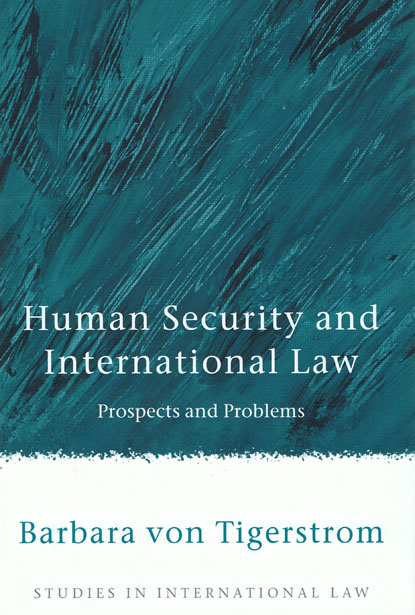
The concept of 'human security' has influenced discourse and practice and has been the subject of vigorous debate. Despite its relevance to central questions of international law, human security has until recently received little attention from international lawyers. This book has two related goals: to evaluate human security as a concept that could be used in the analysis of international law, and to determine what insights about a human security approach might be gained by considering it from the perspective of international law. The first part of the book examines the evolution and meanings of the concept and its links with existing theories and principles of international law. The second part explores the ways in which human security has been and could be used in relation to the diverse topics of humanitarian intervention, internally displaced persons, small arms control, and global public health. The analysis sheds new light on debates about the concept's potential and limitations.